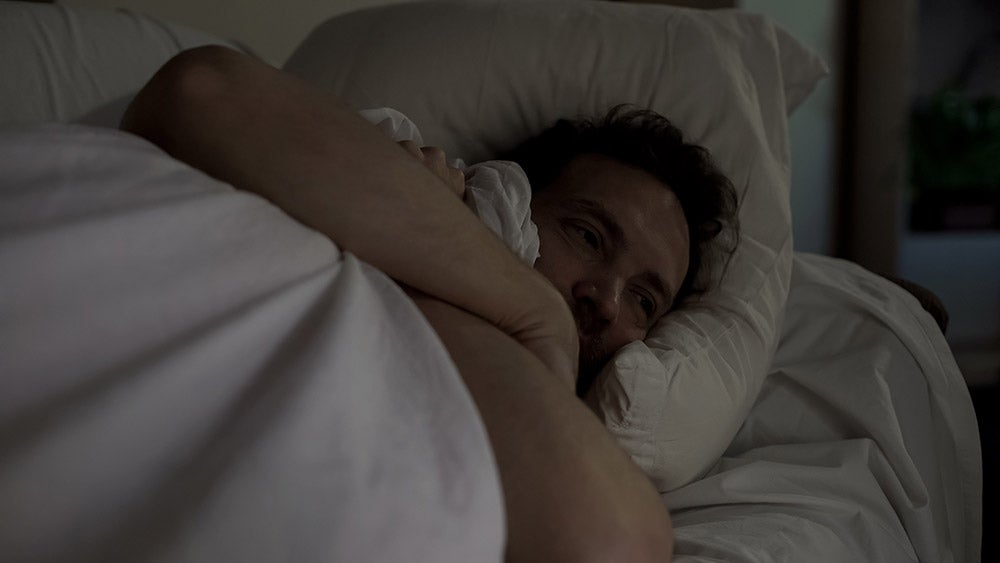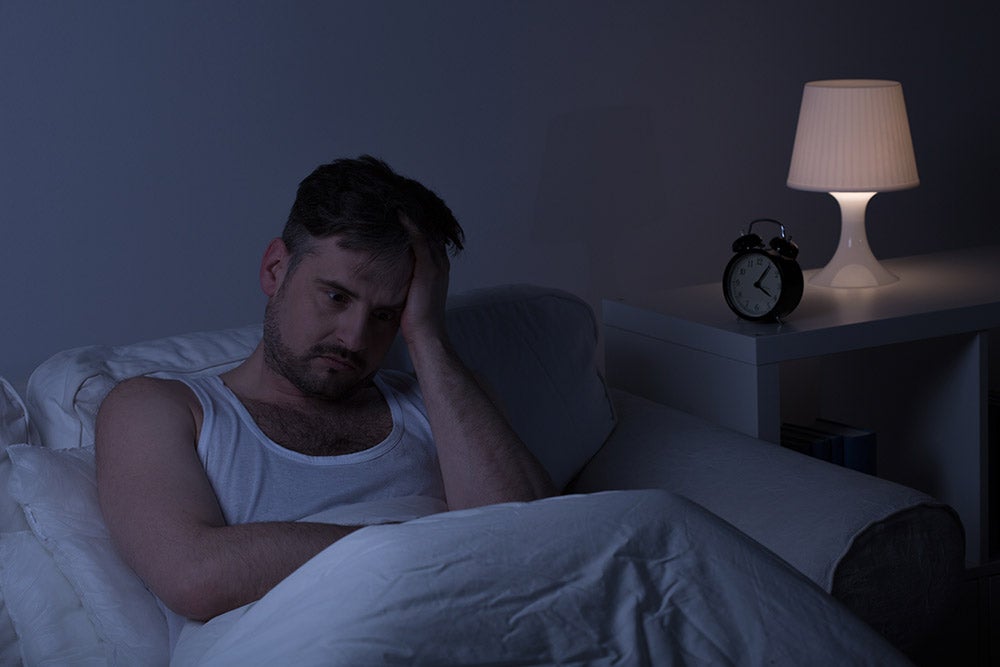One thing we can all agree on is that moms are superheroes! Perhaps one of their not secret abilities is to maintain their cool and remain unbroken even with little sleep. Yes, mothers get much less sleep than fathers, research has shown.
For many couples, a lot changes the moment a child steps into the picture. No doubt, raising a child requires a lot of effort and hard work. And in modern times, both moms and dads are active in raising a child. However because there is a difference in the parenting role each of them plays, child-raising might take different tolls on each.
Why do moms have less sleep time?
Typically, mothers perform a wide range of tasks round the clock. Even with more and more dads taking up more household duties, the scale still tilts heavier in the direction of the mom. And at the end of the day, moms sleep at least 20% less than dads and are more prone to feeling tired during the day than women without children.
So how does parenting affect the sleep of mothers?
Nursing a baby at nightMoms would have more sleep disruptions at night considering that they play the role of the primary caregiver to the baby. It is advised that adults get between 7 and 9 hours of sleep at night. But this may not likely work out if you are a mother as your night sleep might be interrupted by baby cries.
After having an exhausting day, she still rises to attend to the cries of the baby. This might require feeding, changing, and rocking the baby back to sleep. Even with a dad to assist, there is no specific time frame getting a baby back to sleep can take.
More than the amount of sleep in minutes is affected. Moms also have interruptions in the periods they have to sleep as a baby could wake up several times at night. Overall, both the quantity and the quality of sleep are affected.
Caring for childrenIt was observed that in the first three months of the birth of a newborn, the sleeping pattern of both parents would be affected. While fathers would lose about 15 minutes of sleep, mothers would sleep about an hour less than they did during pregnancy.
However, this change in sleep pattern does not go away quickly. Instead, moms still battle with sleep deprivations for about six years after the baby has been born. Here, the moms are still at least 20 minutes short of the recommended 7 hours of sleep for adults while the dads remain at the 15 minutes loss.
It might sound awkward but you could still feel just as tired with a 5-year-old as you did when you nursed a baby. Children no longer cry at night as babies but then the mother would have to attend to issues like nightmares or illnesses that keep the child awake. Thus, although the responsibilities of the mom have changed with a growing child, it has not been completely removed.
Consequently, this cycle does not change even for grown children. Mothers still stay awake for longer when awaiting the return of a teenager than the dad.
More childrenHaving more children does not usually mean an increased sleep deprivation but the odds of having a mother’s sleep reduced by 50 % are higher with a new child. For first-time parents, the effect of the loss of sleep is great but with more experience handling the matter is not as difficult.
For parents with twins, the game changes. While it might seem that both could tag on caring for one baby, raising twins significantly reduces the quality of sleep especially for moms.
Chore, jobs, and businessesMothers are mothers because they have children to look after. While children bring along their joys, caring for them can and has cost many parents several comforts of their own. Equally, life does not stop for a new mom so somewhere in the mom’s brain, there is the ability to multitask.
From birthing newborns, carrying the baby, and feeding the baby, moms are still actively involved in running house chores. This they do with a sixth sense focused on keeping the little ones safe.
Despite the advancements in technology and several job modifications, a mother is still expected to deliver her best on her job. This is not any different even if she owns a business. All of these no doubt contribute to tiredness many mothers complain of.
7 to 9 hours of sleep is recommended daily for adults. For women with children, it has been found that they sleep at least 20 minutes short of that recommendation every night. This is not far from the duties that come with caring for a newborn.
Dads’ sleep is also affected by caring for a newborn but not as much as seen in the case of the moms. If you notice that your sleep has been reduced than it was before your little one came along, it's normal and there is no need for alarm.
Sleep deprivation can cause daytime tiredness, grumpiness and could pose severe health risks. You should however not be afraid to ask for help from family in assisting in caring for the baby or doing daily tasks. Also, do not hesitate to see your doctor if you have any issues arising from sleep deprivation.






















